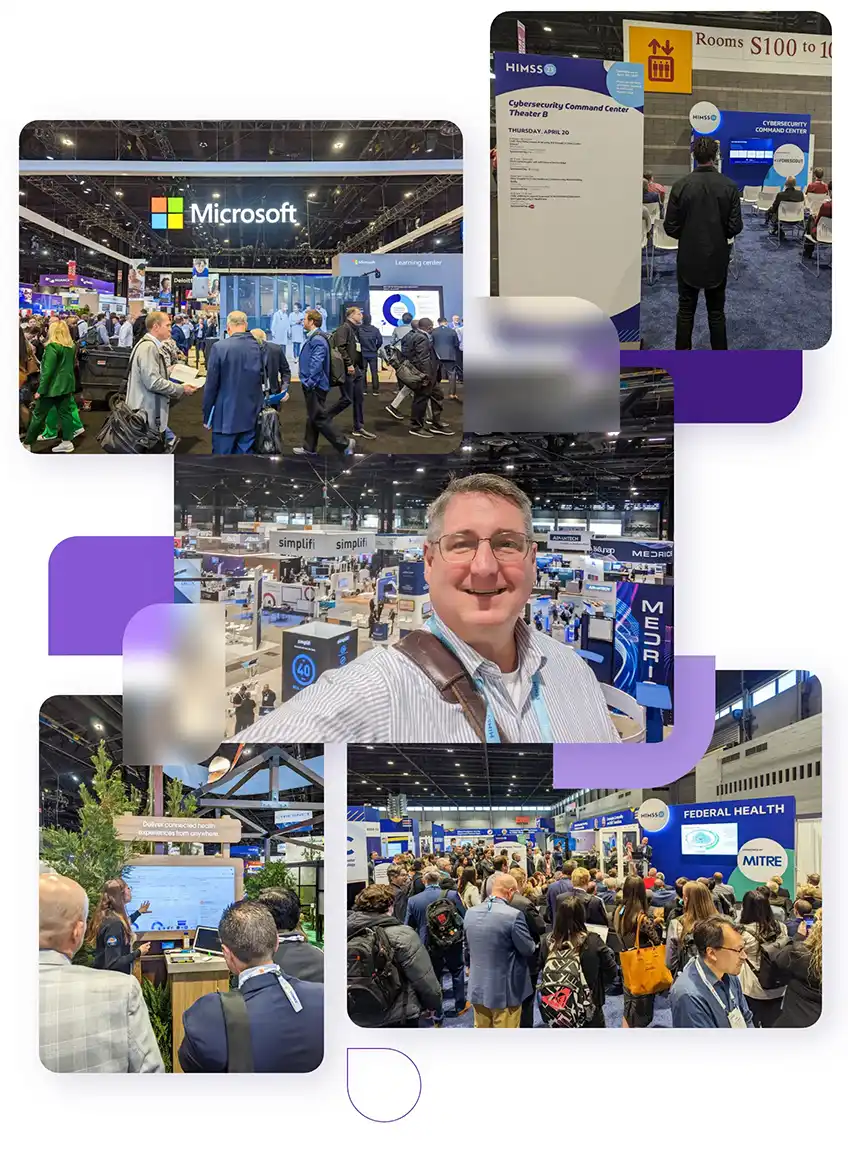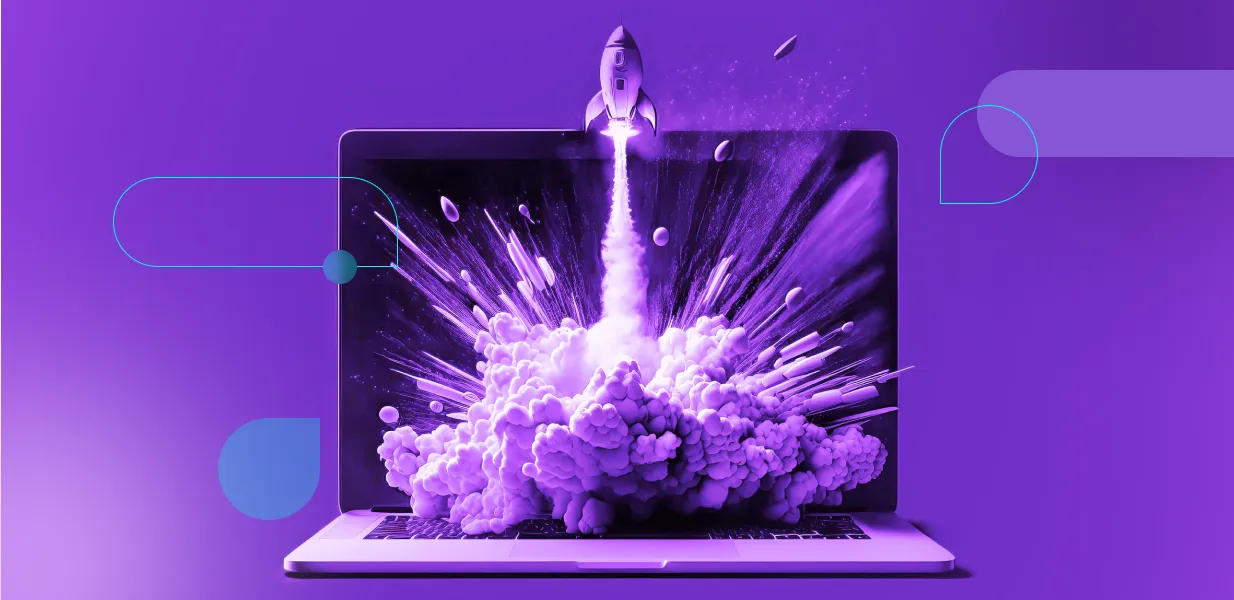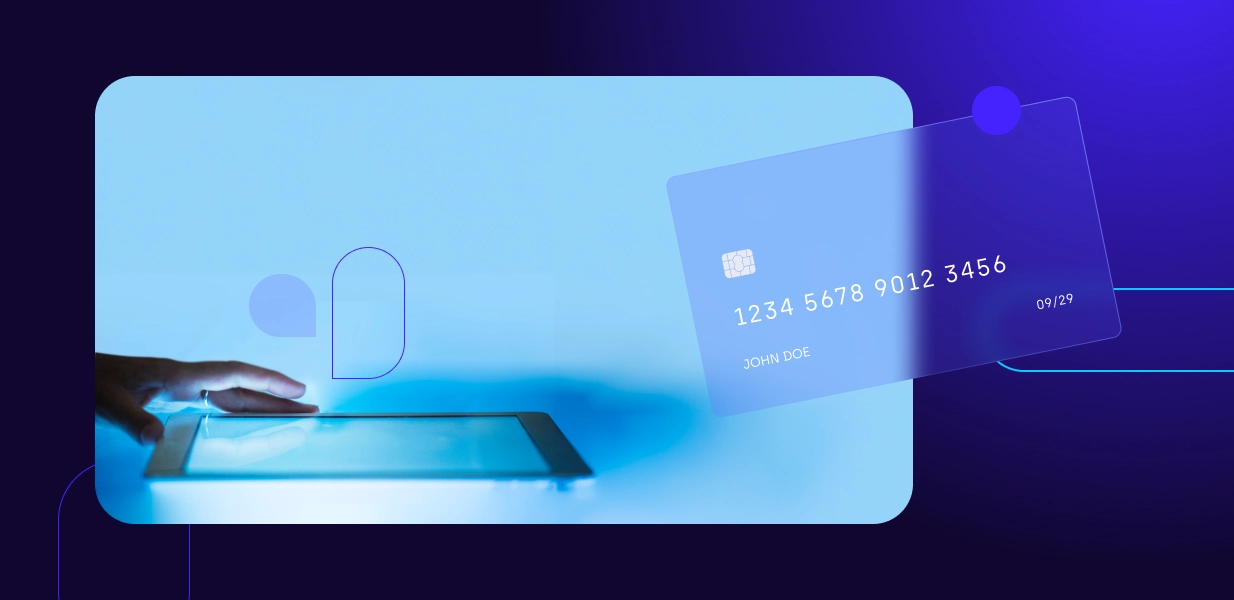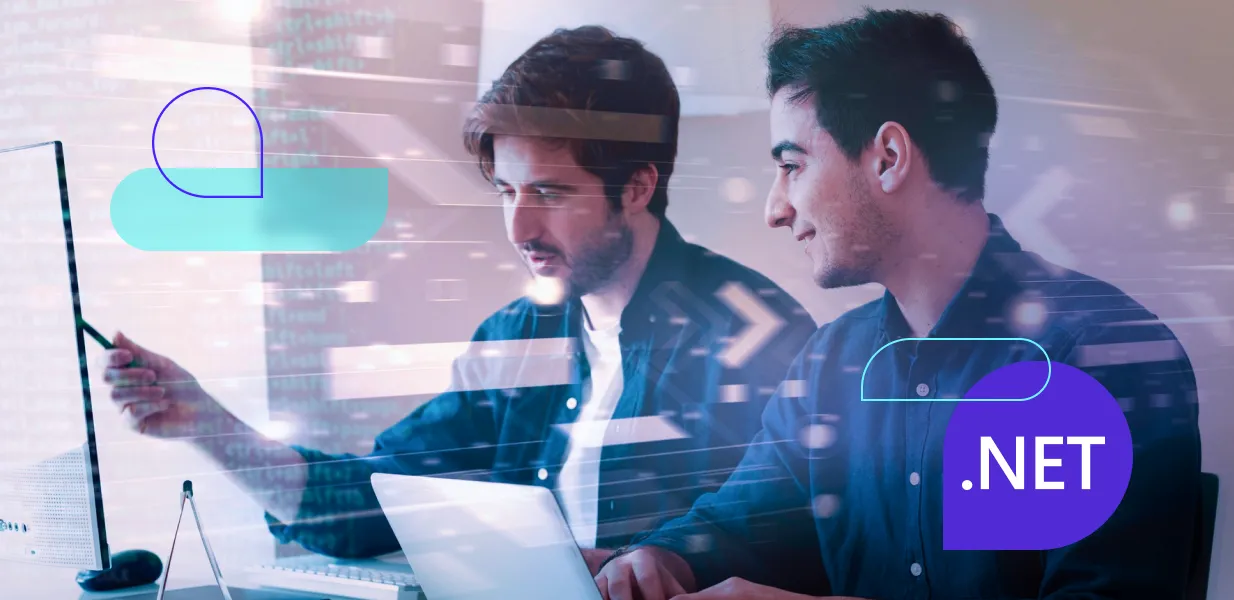
Resolute Software leads the way in healthcare innovation: Insights from HIMSS'23 in Chicago
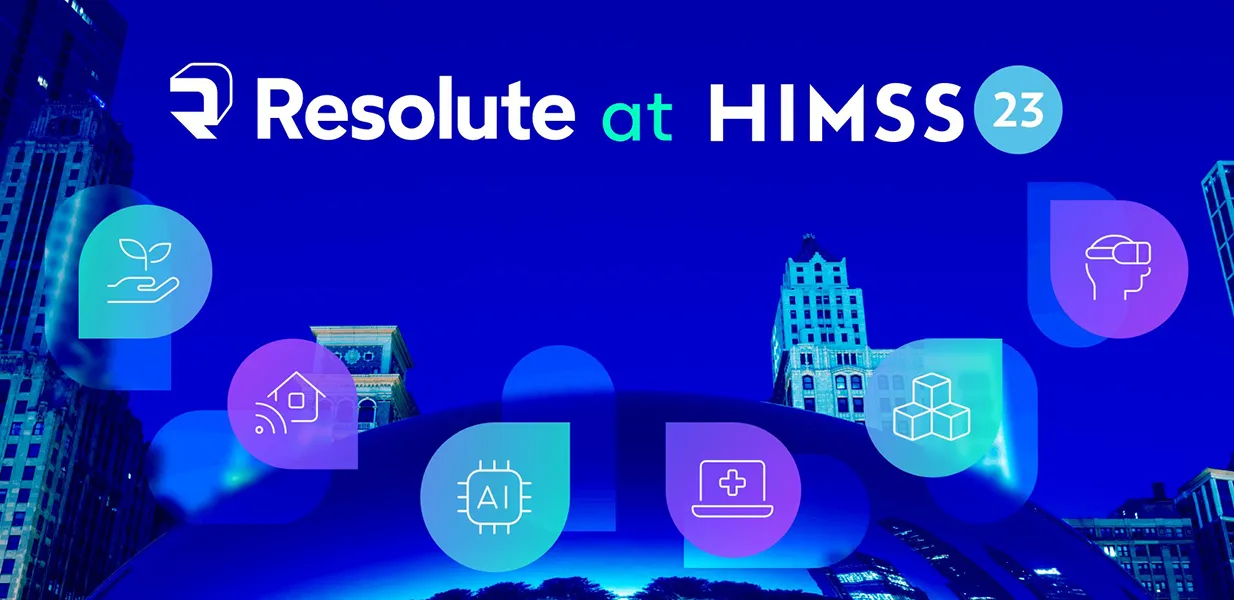
Resolute Software recently had the pleasure of attending the HIMSS’23 conference in Chicago which brought together over 35,000 healthcare professionals, executives, and engineers to discuss the latest advancements in healthcare and technology.
We found the conference inspiring and a great occasion to catch up with current clients and make new friends! We were particularly interested in the discussions surrounding artificial intelligence (AI) and its potential role in healthcare, which were front and center at the conference.
Check out the conference highlights below from the perspective of Mike Hines, Resolute’s Principal Evangelist.
Digital transformation and health equity
One of the highlights of the event was a discussion moderated by HIMSS CEO Hal Wolf, titled “Digital Transformation and Health Equity: A Global Discussion on the Journey Ahead.” As healthcare tech experts, we agree with Wolf’s view that digital transformation is critical for achieving greater health equity. A 2017 survey revealed that 24% of healthcare workers’ hours are spent on administrative tasks. At Resolute, we can modernize legacy systems to reduce the cost, time, and risk that institutions face when catering to the evolving needs of healthcare professionals. Resolute Software has been helping healthcare institutions modernize since our inception, and we are proud to be an ongoing part of this critical transformation.
AI and machine learning
AI and machine learning were highlighted as essential technologies that can help healthcare organizations improve efficiency, reduce costs, and deliver more personalized care. Demonstrations at HIMSS’23 showcased AI-powered diagnostic tools, predictive analytics, and chatbots that can help patients manage their health. Perhaps most impressive was the use of AI to achieve semantic data normalization which is a critical part of Data Interoperability. There can be little doubt that AI will help the industry clear some longstanding hurdles.
Telemedicine
Telemedicine and remote monitoring technologies were also prominent topics of discussion. These technologies provide patients with improved access to care, reduce costs, and enhance outcomes. Personalized care models were discussed in this context, enabling patients to receive tailored care based on their individual needs. Having modern client-server frameworks will be mandatory to respond quickly to evolving rulings on HIPPA requirements and to keep pace with the change that is happening.
IoT
IoT was another crucial area of discussion, as it allows healthcare organizations to collect and analyze data from various sources, including wearables and medical devices. By leveraging IoT, healthcare providers can improve patient outcomes, reduce costs, and enhance the overall user experience just any off-the-shelf IoT hardware will work. HIPPA has security requirements around wireless transmission of sensitive patient data. Our team at Resolute Software has expertise in developing IoT solutions that allow healthcare organizations to collect, analyze, and act on data in real time.
Blockchain
Blockchain was also a an interesting topic, as it has the potential to improve data security and interoperability. Healthcare organizations are exploring ways to use blockchain to share patient data and improve healthcare delivery efficiency securely. Particularly interesting for Blockchain is HIPPA. HIPPA requires patients to own their own data, and Blockchain can be very strong at protecting data ownership. But HIPPA also prohibits mathematically derived encryption of protected health care records. Keep an eye on this space, as it is evolving quickly.
Virtual reality
Virtual and augmented reality technologies were showcased as a way to improve patient engagement and education. These technologies can be used to simulate medical procedures, provide patient education and improve user experience, though broad adoption of transformative applications may still be a few years out.
Change management
Lastly, whether the topic was AI, telemedicine, data interoperability, or the recent Supreme Court ruling on healthcare privacy that has many institutions re-evaluating their compliance, the process of change was in every conversation. Change management is getting some serious attention as digital transformation efforts without solid change management have failed. One part of change management is getting stakeholders onboard and excited to support something new. Another part of facilitating change is the ability of the IT department to deploy, modify and scale an increasing number of services quickly and with low risk to existing business-critical systems. Many IT groups are still spending resources maintaining monolithic legacy systems which makes getting IT onboard for rapid change more challenging. By helping institutions modernize their systems, Resolute can help lay the technical groundwork for faster, safer change.
At Resolute Software, we are proud to be a part of these conversations and are already successfully solving multiple healthcare-related problems centered around digital modernization. If you’re seeking a partner to help with a health-tech problem, get in touch with us today. Together, we can improve patient outcomes, reduce costs, and enhance patient experience.
